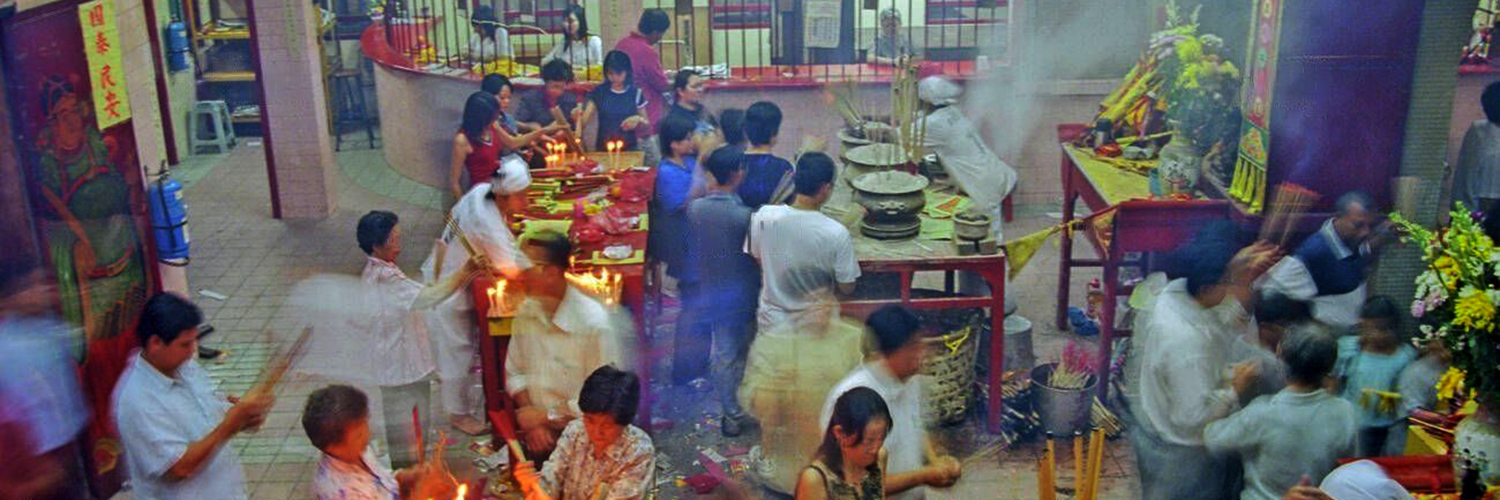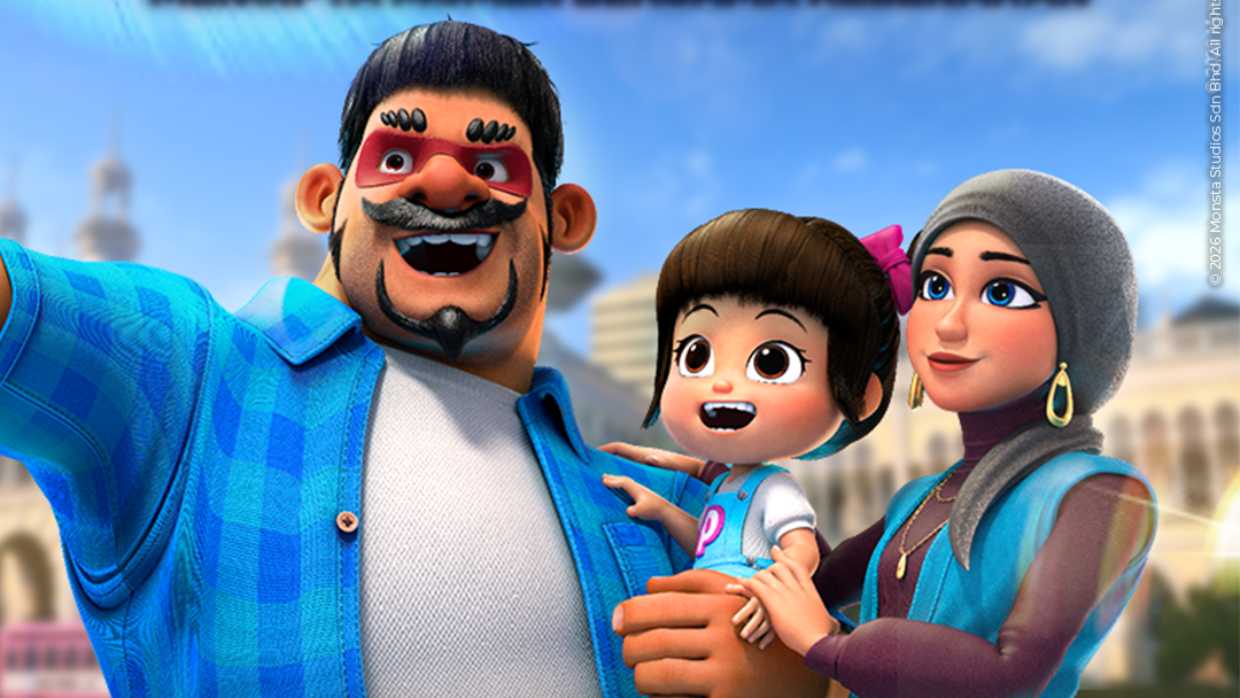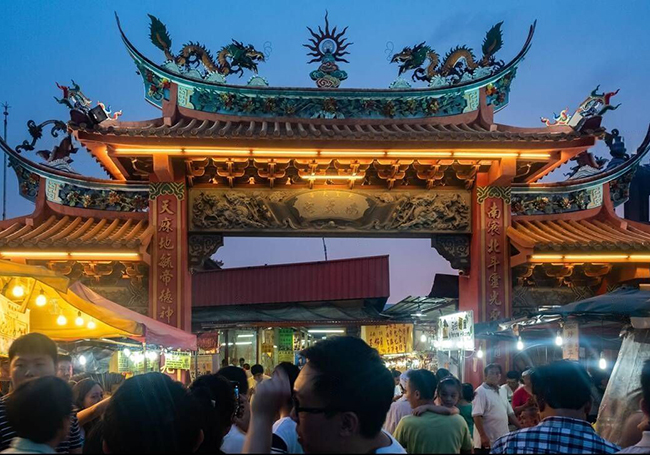
The Nine Emperor Gods Festival will draw bigger crowds after two years of quiet celebration.
The festival, which pays homage to the Goddess of the North Star, falls on the first day of the ninth lunar month.
The Taoist community will start the festivities on September 26th and end them nine days later on October 4th.
The festival is observed mainly in the Southeast Asia region.
The Gods are the patrons of wealth and well-being, worshipped and welcomed on the festival’s first day before sending ‘home’ with a climactic procession on the ninth day.
Who were the Nine Emperor Gods
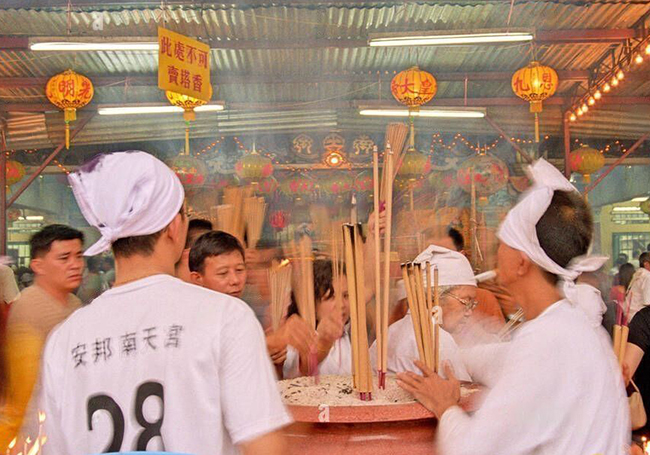
These patrons of prosperity and good health, the Nine Emperor Gods, were long ago revered by inhabitants of southern China.
As the Chinese community migrated to the Southeast Asian region, they brought this belief along with its rituals and celebration to countries such as Malaysia, Myanmar, Singapore and Thailand.
According to believers, the Nine Emperor Gods were the sons manifested by Zhou Yu Dou Fu Yuan Jun, also known as Father Emperor and Dou Mu Yuan Jun, the Mother of the Big Dipper.
Both parents were the Registrar of Life and Death. Formed by nine stars, seven of which are of the Big Dipper, the Nine Emperor Gods are considered high-ranking star lords presiding over the planets’ movements while arranging life and death issues of mere mortals.
The Rituals
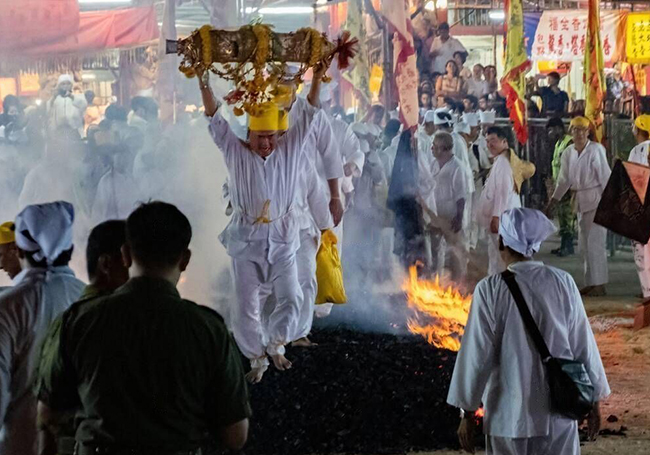
Throughout the nine days, devotees will abstain from eating meat. They will chant prayers with bells ringing at the temples throughout the festival.
Most devotees believe it will rain during this festival to symbolise the Gods’ return via sea or river. Hence, the procession to welcome the Gods to shore and send them home on the ninth day near waterways.
Lion dance troupes will accompany the statues during the festivals, with the bearers swinging chairs to acknowledge the presence of divine forces.
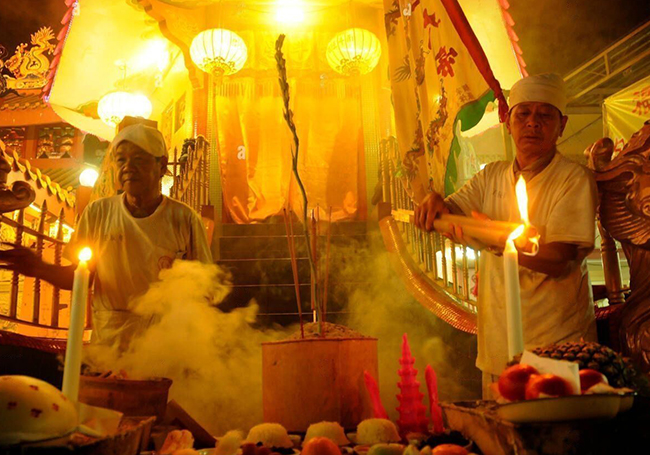
Temple priests lead these processions, and meat dishes mark the end of the vegetarian fast on the festival’s final day.
The carnival is infused with a festival element, indicating a joyful celebration.
In some places, devotees will participate in rituals such as fire walking, self-flagellation, bathing in boiling oil, and piercing one’s skin with skewers to show reverence and purity.
During this period, the Hindu devotees will be observing the Navarathri Festival for nine days, where devotees will fast, practise abstinence, and dedicate their prayers to the Goddess Durga.


